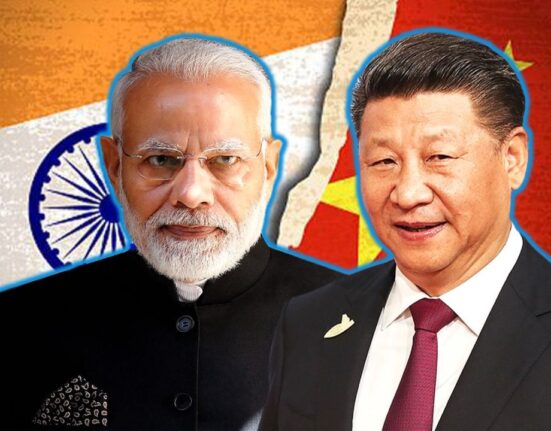As the world grapples with various challenges, South Africa finds itself at a crucial crossroads. The African Development Bank (AfDB) has sounded the alarm, urging the nation to swiftly implement structural reforms to counter global headwinds – including the escalating trade tensions triggered by US President Donald Trump’s policies.
In a significant move, the AfDB revised its economic forecast for South Africa, painting a sobering picture of growth prospects. The Abidjan-based lender slashed the nation’s growth projection to a mere 0.8% for this year, down from an initial estimate of 1.6%. Akhona Peter, an economist at AfDB, highlighted the rationale behind this downgrade during an event near Pretoria, stating,
“We expect trade tensions to pretty much affect net exports negatively.”
The impact of these external pressures cannot be underestimated. Apart from the looming shadow of Trump’s trade war, other factors contribute to the dim outlook. Concerns about dwindling development assistance funding and China’s economic deceleration add layers of complexity to South Africa’s economic landscape.
Notably, South Africa is not alone in recalibrating its growth expectations. The country’s Treasury took a similar step in May by revising its growth forecast downward from 1.9% to 1.4%, citing geopolitical uncertainties linked to Trump’s tariff strategies.
The impending reinstatement of a substantial US import tariff – set at 31% and originally postponed but now scheduled for July 9 – looms large over certain sectors in South Africa. Particularly vulnerable are industries like agriculture that heavily rely on access to the US market.
“In the short-term, this could slow economic activity, decrease firm profitability, and constrain job creation in export-linked industries,”
cautioned AfDB on these potential repercussions.
However, it’s not just external factors casting a shadow over South Africa’s economic trajectory; domestic challenges also pose significant hurdles. Issues such as infrastructure deficiencies, electricity shortages, logistical bottlenecks, and fiscal vulnerabilities stemming from state-owned enterprises’ bailouts compound the existing concerns.
Expert voices emphasize that urgent action is imperative for safeguarding South Africa’s economy amidst this challenging environment. Structural reforms coupled with strategic policy interventions are essential for bolstering resilience against volatile global dynamics.
In conclusion,
The call for enhanced vigilance and proactive measures underscores the critical juncture at which South Africa stands today.





Leave feedback about this